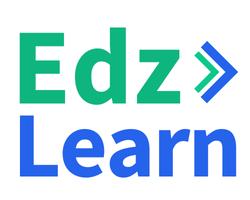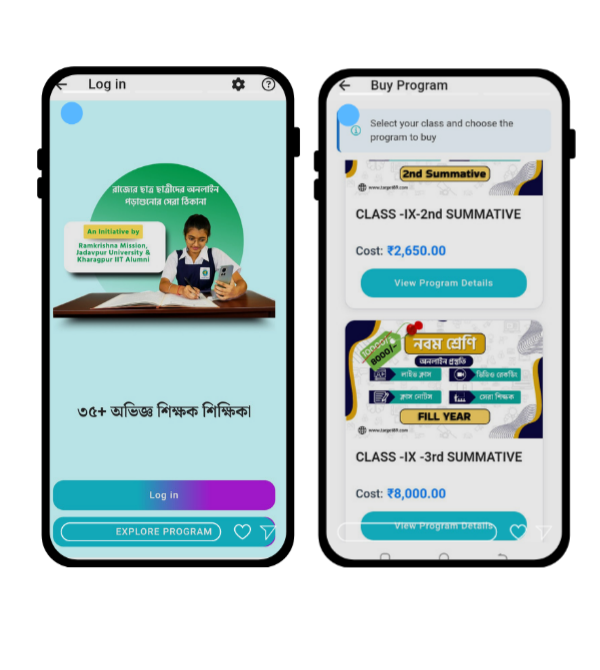Embracing the Informal Education Landscape in India
In the rapidly evolving world of corporate learning, informal education is taking center stage. India, with its diverse workforce and dynamic business environment, is witnessing a significant shift towards embracing informal learning methods. As organizations recognize the limitations of traditional training programs, the informal education landscape is gaining prominence, offering a more adaptive and personalized approach to professional development.
3 Expert Tips Cultivating a Learning from Failure Culture:
1. Encourage Risk-Taking:
Cultivating a culture of learning from failure starts with encouraging employees to take calculated risks. This can be achieved by creating a safe space where innovative ideas are not only welcomed but celebrated. Recognizing and rewarding employees for their efforts, even if the outcome is not as expected, fosters a positive mindset towards failure.
2. Promote Open Communication:
Transparent communication is key to building a learning culture. Encourage open discussions about both successes and failures. Create forums where employees can share their experiences, learn from each other, and collectively brainstorm solutions. This open dialogue not only breaks down hierarchical barriers but also fosters a collaborative learning environment.
3. Provide Continuous Feedback:
Timely and constructive feedback is essential for the learning process. Instead of waiting for formal performance reviews, integrate continuous feedback mechanisms into the workflow. This helps employees understand where they went wrong, how to improve, and instills a mindset of continuous improvement.
Integrating Informal Learning in the Workplace: A Practical Guide
Informal learning can seamlessly blend into the fabric of the workplace. Here are some practical steps to integrate it effectively:
1. Leverage Technology:
Embrace e-learning platforms, webinars, and virtual mentorship programs to make learning accessible anytime, anywhere. Technology can facilitate informal learning by providing a platform for employees to access resources, collaborate, and share knowledge effortlessly.
2. Create Learning Communities:
Establishing communities of practice within the organization can enhance informal learning. These communities allow employees with similar interests or roles to come together, share insights, and learn from each other. This promotes a sense of belonging and shared expertise.
3. Encourage Self-Directed Learning:
Empower employees to take control of their learning journey. Provide resources, but also allow individuals to explore topics of interest independently. This autonomy fosters a sense of ownership and self-motivation in the learning process.
Key Benefits of Embracing Failure in Informal Learning
Accelerated Innovation:
- Embracing failure as a part of learning promotes innovation. When employees feel comfortable taking risks, they are more likely to explore creative solutions, leading to breakthrough ideas and innovations.
Resilient Workforce:
- Employees who learn from failure develop resilience and adaptability. These qualities are crucial in navigating the uncertainties of the business landscape, making the workforce more robust in the face of challenges.
Increased Employee Engagement:
- A culture that embraces failure fosters a positive and engaging work environment. When employees feel supported in their learning journey, they are more likely to be motivated, contributing to overall job satisfaction.
Unconventional Methods to Embed Failure into Informal Learning
Failure Simulations:
- Implement simulations that mimic real-world scenarios where failure is a possibility. This hands-on approach allows employees to experience and learn from failures in a controlled environment, preparing them for similar challenges in their roles.
Storytelling Workshops:
- Encourage the sharing of personal stories of failure and success. This not only creates a sense of connection among employees but also provides valuable lessons through real-life experiences.
Gamification of Learning:
- Introduce gamified learning modules where employees navigate challenges and make decisions. Incorporate the possibility of failure within the game structure, turning mistakes into valuable learning opportunities.
Challenges in Integrating Failure into Informal Education
Cultural Resistance:
- Some organizations may face resistance due to a traditional mindset that views failure negatively. Shifting this cultural perspective requires time and persistent efforts in promoting the benefits of a learning from failure culture.
Lack of Resources:
- Implementing informal learning initiatives may require investment in technology, training programs, and resources. Organizations with limited budgets may find it challenging to create a supportive infrastructure for informal education.
Measuring Informal Learning Outcomes:
- Unlike formal education, measuring the success of informal learning can be challenging. Developing metrics and assessment tools to gauge the impact of learning from failure initiatives is an ongoing challenge for many organizations.
In conclusion, the informal corporate classroom is a powerful tool for driving lifelong learning, with failure serving as a catalyst for growth and development. By embracing the informal education landscape in India and strategically integrating failure into learning initiatives, organizations can foster a culture of continuous improvement, innovation, and resilience among their workforce.















